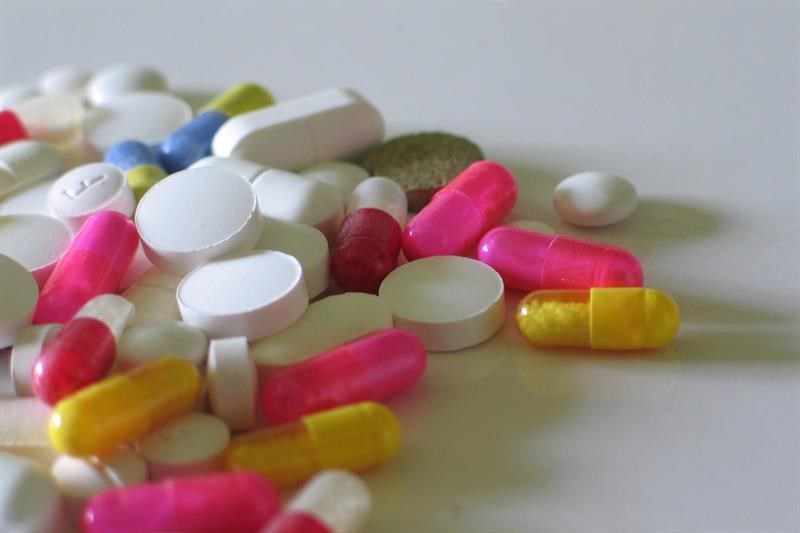Dental patients at overdose risk
Published: 26/04/2018
Dentists are warning that pain killers are no substitute for lack of access to NHS dental care.
This warning from the BDA comes as new research points to sizeable numbers of patients unable to access care risking paracetamol overdose in accident and emergency departments.
The study at Queen’s Medical Centre Nottingham’s A&E unit identified self-medication for dental pain with paracetamol as a significant cause of accidental overdose and potential liver failure.
Over a two-year period, researchers found 436 cases presented to the emergency department with accidental paracetamol overdose, 164 of which were a direct result of dental pain. It revealed that lack of access to emergency dental care was a contributory factor to paracetamol overdose.
Amid rising access problems dentist leaders called on authorities to commission more in-hours urgent care slots, to improve access for patients and to reduce the costly A&E and GP attendances for dental complaints.
The BDA has estimated that around 135,000 dental patients attend A&E per year at an annual cost of nearly £18 million – with more than 95,000 cases of toothache coming in at £12.5 million - while a further 600,000 patients a year seek treatment from GPs. Neither are equipped to treat dental pain.
Dental pain usually requires specialised and time-consuming surgical intervention by a dentist, whereas GPs and A&Es can only provide temporary pain relief or inappropriate antibiotics.
Henrik Overgaard-Nielsen, the BDA’s chair of General Dental Practice said: 'Paracetamol is not a solution for dental pain, and is simply a temporary measure until a dentist can provide treatment. Sadly lives are now at risk as failure to provide sufficient care for dental emergencies is leaving patients to self-medicate.
'Dental patients need to be treated in the right place, at the right time and by the right team. Again failure to invest in both routine and emergency dental care is jeopardising appropriate diagnosis and treatment, and heaping needless pressure across the NHS.
'Commissioning adequate urgent care services is the best way to ensure callers to NHS 111 won’t be left searching for a needle in a haystack for access or reaching for the painkillers.'
Author: Julie Bissett













